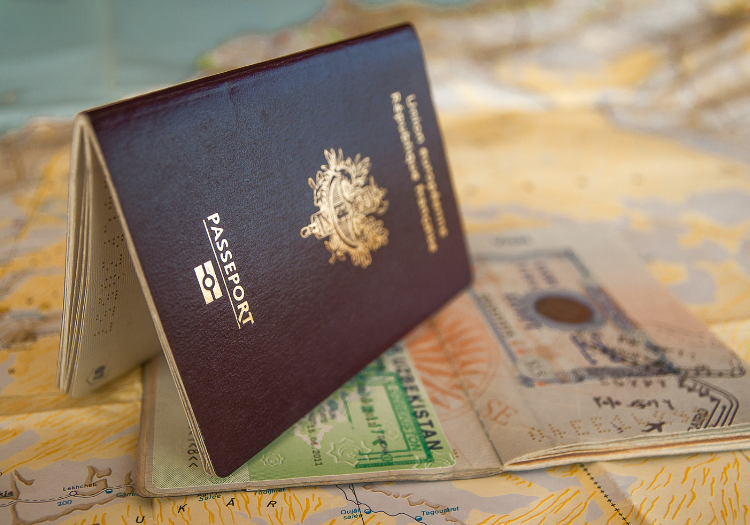
by Tamim | Sep 6, 2024 | Company Insights, Industry Insights
Barriers to Expect When Doing Business in Libya Operating a business in Libya offers unique opportunities, but it also comes with its own set of challenges. From navigating complex regulatory environments to ensuring the safety of personnel and assets, businesses must...

by Tamim | Jun 6, 2024 | Company Insights, Services Insights
Libya Launches e-Visa Portal and New Travel Regulations As of March 2024, Libya has introduced new entry protocols to streamline the entry, residency, and departure processes for foreigners. These changes, effective from March 14th, align Libya’s policies with...

by Tamim | May 15, 2023 | Company Insights, Services Insights
In today’s increasingly interconnected and globalized world, personal and travel security has become a top priority for individuals and businesses alike. Expertise Consultancy specializes in providing tailored risk mitigation and security consulting services to...



